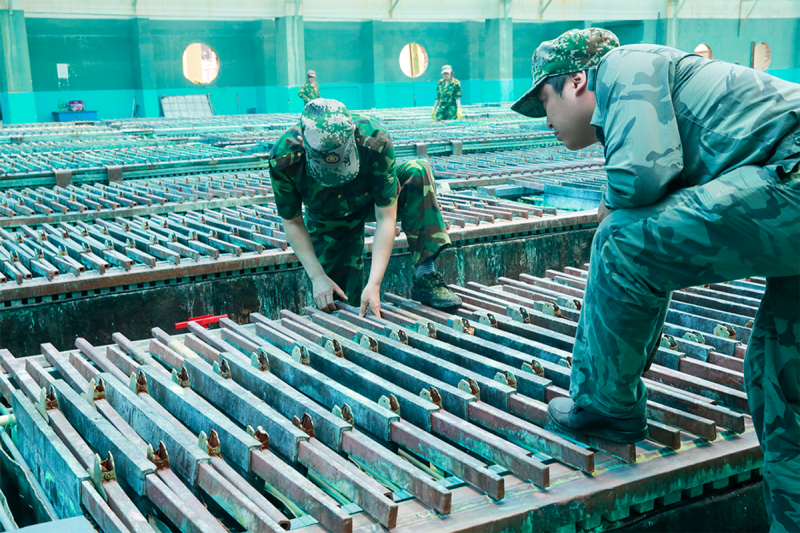
Breaking Free: Diversifying Rare Earths Production Away from China
In recent years, the world has become increasingly aware of the importance of rare earth elements in various industries. These elements are crucial for the production of technology, renewable energy, and defense equipment. However, a significant portion of the global rare earth supply is dominated by China, raising concerns about supply chain security and geopolitical risks.
Reducing reliance on China for rare earths production and processing has become a pressing issue for many countries. One strategy that has gained traction is increasing domestic production and diversifying supply sources. By investing in domestic rare earth mining projects and supporting the development of processing facilities, countries can strengthen their supply chains and reduce dependence on a single source.
Australia, for example, has been making efforts to ramp up its rare earth production to lessen its reliance on Chinese supply. The country holds significant reserves of rare earth elements and has the potential to become a major player in the global market. By developing its mining capabilities and processing infrastructure, Australia aims to secure a more stable supply chain for rare earth elements.
Another approach to reducing reliance on China for rare earths is fostering international cooperation and partnerships. By collaborating with allies and like-minded countries, nations can work together to ensure a stable and diversified supply of rare earth elements. This can involve sharing resources, technology, and expertise to bolster each other’s capabilities in the rare earth industry.
Moreover, recycling and reusing rare earth elements can also play a crucial role in reducing dependence on China. As the demand for rare earths continues to grow, recycling initiatives can help recover these valuable resources from end-of-life products and reduce the need for new mining activities. By promoting a circular economy approach to rare earths, countries can minimize waste, conserve resources, and enhance their supply chain resilience.
In conclusion, reducing reliance on China for rare earths production and processing requires a multifaceted approach that includes domestic production, international cooperation, and sustainable practices. By diversifying supply sources, investing in domestic capabilities, and promoting recycling initiatives, countries can enhance their supply chain security and mitigate risks associated with depending on a single supplier. As the demand for rare earth elements continues to rise, it is essential for nations to adopt proactive strategies to ensure a stable and sustainable supply of these critical materials.
